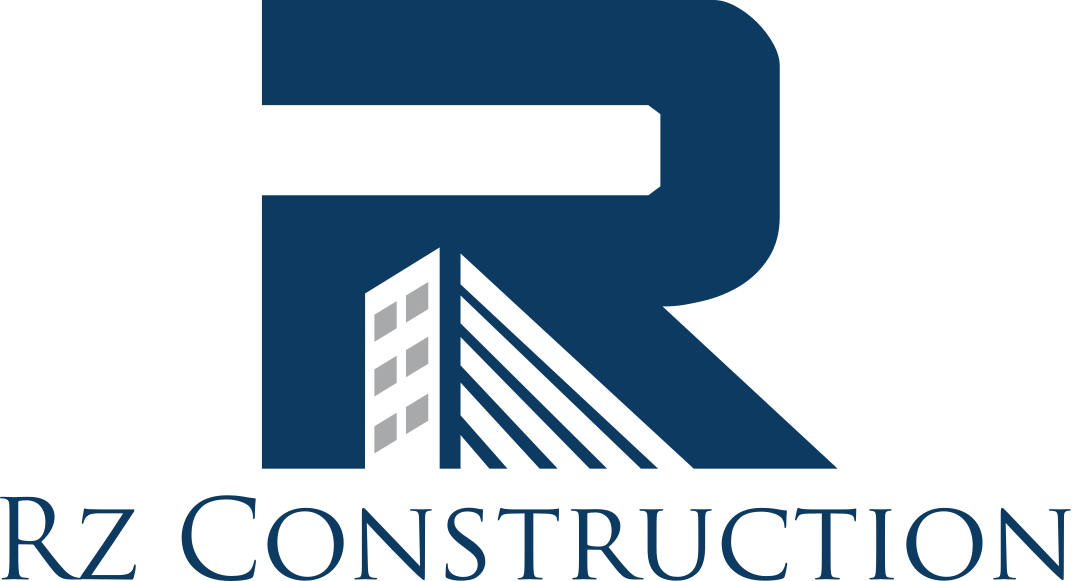The general contractor plays an essential role in all new construction projects, and if you’re planning to have a structure built from scratch, be it a home or commercial building, you should take time and choose your general contractor wisely.
While a general contractor can take on many roles within a new construction project, their 3 main responsibilities have been outlined below:
- Planning and implementation
No matter the scale and type of new construction you’re planning, you’ll likely need permissions, approvals and permits from the relevant authorities, namely the Department of Buildings, or DOB. While this process can be complex and longwinded, your general contractor should take care of every aspect of it on your behalf.
Obtaining all the necessary permits and ensuring that every process of the project follows building codes, the general contractor is your main point of contact between the client and all other parties involved. They must regularly update the client on the progress of the project, document all changes that take place, and make sure that the contract is enforceable.
2. Project management
The general contractor is responsible for overseeing the entire new construction project, and coordinating the subcontractors throughout. They must gather all relevant information, match it with the requirements of each job and distribute in a timely fashion to the appropriate subcontractors.
As well as this, they are also responsible for sourcing all of the necessary building materials, and overseeing who they have been purchased from. Should any materials be below par or not meet the required standard, the general contractor must exchange them as appropriate and as always, keep the client informed.
Lastly, in terms of managing the new construction project, the general contractor must monitor the project’s budget, the quality of work, and ensure that health and safety standards are adhered to at all times. All subcontractors should have received appropriate safety training before commencing the project, and SOPs (standard operating procedures) must be put in place for everyone on site.
3. Monitoring the project
The worksite must be kept clean and tidy as much as possible, and the general contractor must not just check this, but enforce it, too. All daily activities pertaining to the new construction must be monitored closely, and as mentioned above, any changes to the schedule or challenges faced during the project, must be relayed immediately to the client, and properly documented.
Finally, a general contractor must make sure that there are sufficient funds to cover all aspects of the project, and supplying accurate information and surveys regarding utilities.
As you can see, a general contractor has quite a workload and quite a significant responsibility, so it stands to reason that you should be able to expect a high standard from them. Take the time to find a general contractor whom you can trust, and who will ensure that your new construction is carried out professionally, on time, and ideally, within budget.
